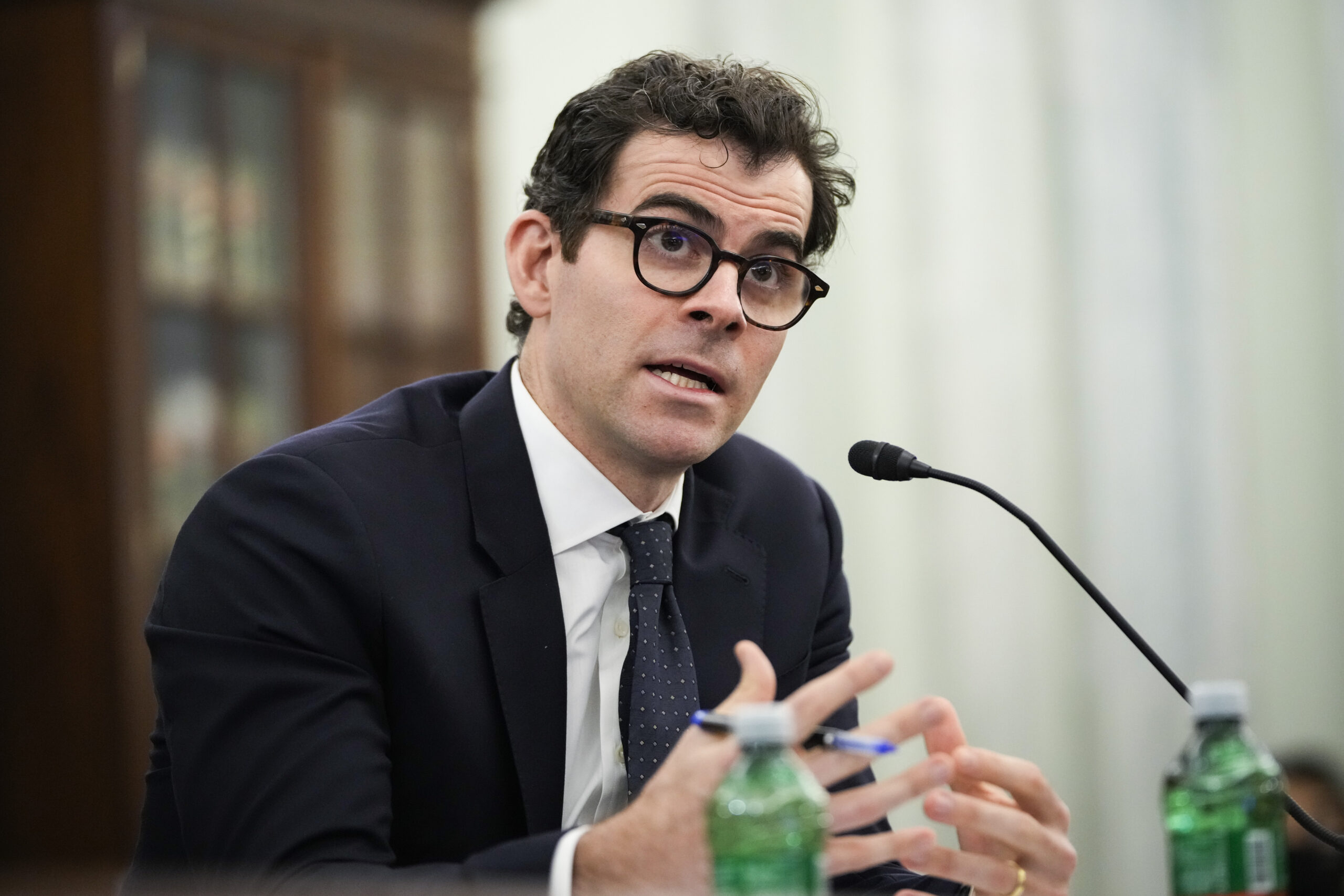
adam mosseri s we re totally not In a recent video, Instagram head Adam Mosseri addressed ongoing concerns regarding Meta’s ad targeting practices, specifically the persistent rumor that the company listens to users through their device microphones.
adam mosseri s we re totally not
Meta’s Response to Privacy Concerns
On the same day that Meta announced plans to utilize AI chats for personalized advertising, Mosseri sought to clarify misconceptions about the company’s data collection methods. “I swear, we do not listen to your microphone,” he stated emphatically in his video. This assertion comes amidst growing skepticism about how social media platforms gather and utilize user data to deliver targeted advertisements.
Meta’s ad targeting capabilities have often been described as eerily precise. Users frequently report seeing ads for products they have only discussed verbally, leading to widespread speculation that the company must be eavesdropping on conversations. This perception has prompted Meta to repeatedly deny such allegations over the years.
Historical Context of Denials
Meta, previously known as Facebook, has a history of addressing these privacy concerns. In 2016, the company explicitly stated that it “does not use your phone’s microphone to inform ads or to change what you see in News Feed.” This statement was part of a broader effort to reassure users about their privacy on the platform.
Further reinforcing this position, CEO Mark Zuckerberg responded to inquiries during a 2018 Senate hearing with a straightforward “no” when asked if Facebook listens to users through their microphones. This direct approach aimed to quell fears about privacy violations, especially in light of increasing scrutiny from lawmakers and the public.
In addition to these public statements, Meta has published support documents addressing the issue. One such document, titled “Are Facebook and Instagram listening to your conversations without your knowledge?”, reiterates the company’s stance: “No. We do not use your microphone unless you’ve given us permission, and even then, we only use it when you’re actively using a feature that requires the microphone.” This transparency is part of Meta’s strategy to build trust with its user base.
Mosseri’s Clarifications
In his recent video, Mosseri acknowledged that he has engaged in “a lot” of passionate discussions about the topic, including “at least a few” with his wife. He emphasized that the company does not eavesdrop on users, stating, “We do not listen to you. We do not use the phone’s microphone to eavesdrop on you.” He further explained that such actions would constitute a “gross violation of privacy” and would also drain a device’s battery.
Alternative Explanations for Targeted Ads
To address the concerns surrounding targeted advertising, Mosseri provided several potential explanations for why users might see ads for products they have recently discussed:
- Prior Interaction: Users may have inadvertently tapped on something related to the product or searched for it online before their conversation. Meta collaborates with advertisers who share information about website visitors, allowing targeted ads to reach users who have shown interest in specific products.
- Social Influence: Ads may be shown based on the interests of friends or similar users. If someone in a user’s social circle has searched for or shown interest in a product, it is possible that the user will see related ads, even if they haven’t actively searched for them.
- Unconscious Exposure: Users might have seen the ad before their conversation without realizing it. The rapid scrolling behavior on social media platforms can lead to subconscious retention of information, influencing later discussions.
- Coincidence: Sometimes, it may simply be a matter of random chance. The overlap between conversations and ad targeting can occur without any direct connection.
Despite these explanations, Mosseri seems to anticipate that skepticism will persist. “I know some of you are just not going to believe me, no matter how much I try to explain it,” he remarked, acknowledging the deep-rooted nature of these concerns.
Public Reaction and Skepticism
The response to Mosseri’s video has been mixed, with many users expressing skepticism regarding his assurances. Comments on the video reveal a lack of trust in Meta’s claims, with one of the most-liked comments stating, “That is exactly what I would say if I was listening to people’s conversations.” This sentiment reflects a broader distrust of tech companies and their handling of user data.
Such skepticism is not unfounded. Over the years, various privacy scandals have eroded public trust in social media platforms. The Cambridge Analytica scandal, for instance, exposed how Facebook mishandled user data, leading to significant backlash and regulatory scrutiny. This incident, among others, has contributed to a heightened awareness of privacy issues and a demand for greater transparency from tech companies.
The Role of Transparency in Building Trust
In light of these concerns, transparency has become a crucial factor in rebuilding trust between tech companies and their users. Many users are increasingly aware of the data they share and how it is used, prompting calls for clearer privacy policies and more robust data protection measures.
Meta’s ongoing efforts to clarify its data practices, including Mosseri’s recent video, are part of a broader strategy to address these issues. However, the effectiveness of these efforts remains to be seen, as public skepticism continues to challenge the company’s credibility.
Implications for the Future of Advertising
The controversy surrounding Meta’s ad targeting practices raises important questions about the future of digital advertising. As companies increasingly rely on data-driven strategies to reach consumers, the balance between personalization and privacy becomes a critical concern.
Advertisers are constantly seeking ways to connect with potential customers, and targeted ads have proven to be an effective method. However, as users become more aware of data collection practices, there is a growing demand for ethical advertising that respects user privacy. This shift may lead to changes in how companies approach ad targeting, potentially favoring more transparent and user-friendly methods.
Regulatory Landscape
The regulatory landscape surrounding data privacy is also evolving. Governments worldwide are implementing stricter regulations to protect consumer data, which may impact how companies like Meta operate. The General Data Protection Regulation (GDPR) in Europe and the California Consumer Privacy Act (CCPA) in the United States are examples of legislation aimed at enhancing user privacy and giving consumers more control over their data.
As these regulations continue to shape the industry, companies will need to adapt their practices to comply with legal requirements while also addressing user concerns. This may involve investing in more transparent data collection methods and enhancing user control over their information.
Conclusion
Adam Mosseri’s recent video addressing the rumor that Meta listens to users through their microphones highlights the ongoing challenges tech companies face in building trust with their user base. While Mosseri’s reassurances aim to clarify misconceptions, the skepticism expressed by many users underscores the need for greater transparency and ethical practices in data collection and advertising.
As the digital advertising landscape continues to evolve, companies must navigate the delicate balance between personalization and privacy. The implications of these discussions extend beyond Meta, influencing the broader industry and shaping the future of advertising in a world increasingly concerned about data privacy.
Source: Original report
Was this helpful?
Last Modified: October 2, 2025 at 12:41 am
1 views















